Consumers value trust over convenience
Trust is more important to Australian consumers than convenience, according to the Deloitte 2016 privacy index. For companies this means that while developing customer experiences that are seamless and quick is key, treating consumer information that facilitates and allows great customer experience with care is more important.
Research by Association for Data-driven Marketing and Advertising (ADMA) and GFK in 2014 (currently being undertaken again) indicated that consumers are willing to part with their data in exchange for benefits. However:
“Consumers don’t always trust the companies they are sharing their information with. And, even though they are still sharing their information, they feel somewhat cautious about this, with many consumers only somewhat comfortable with sharing their information with companies and with the different ways companies can use their information.”
The research suggested that this discomfort was driven by a lack of consumer understanding around what happens to their data. As Data Governance Australia’s recent whitepaper points out, transparency, therefore, is key for building consumer trust.
As businesses increasingly rely on consumer data to make informed business decisions and create seamless customer experiences, educating and keeping consumers informed about data collection, use, security and disclosure becomes their responsibility.
The consequences for failing to be transparent can be significant.
This is a lesson Sarahah, a new app for anonymised messaging, has recently learned.
As the no.3 most downloaded free software for iPhones and iPads, the app has had over 18 million downloads from Apple and Google stores.
But after someone discovered that the app automatically uploads users’ address book, the app has received serous backlash. While the app’s T&C’s and Privacy Policy specifies that it needs access to users’ contacts in order to suggest friends, it failed to mention that this data will also be uploaded and stored on its server. The lack of transparency around what data the app collects, how it will use the data and where it is stored undermined its users’ trust.
Although Sarahah claims that the information was going to be used for a future feature of the app, the creator of the app, Zain al-Abidin Tawfiq, has stated that the contacts functionality will be removed in a future update, proving that good privacy and data practices requires consideration of the community’s expectations and is fast becoming a key brand differentiator.
Uber also received criticism after an app update that limited users’ options around location data gathering to ‘always’ or ‘never collect’. This meant that riders were tracked for up to five minutes after a trip.
Uber believed that tracking users for up to five minutes after a trip could help ensure customers’ safety. Mr Sullivan, chief security officer at Uber, said they made a mistake by asking for more information from users without making clear what the value for consumers would be in return.
The ride-sharing app has since listened to its users and taken their expectations for choice into consideration by releasing an update for the app that restored users’ ability to choose to share location data only while using the app.
Businesses always need to keep community expectations in mind before requesting more information.
These examples illustrate the importance of transparency and choice to consumers when companies collect and use their data. Consumers often have expectations with the ways in which companies collect and use their data, and a failure to take these into consideration will likely undermine consumer trust, confidence and engagement with your brand or business.
